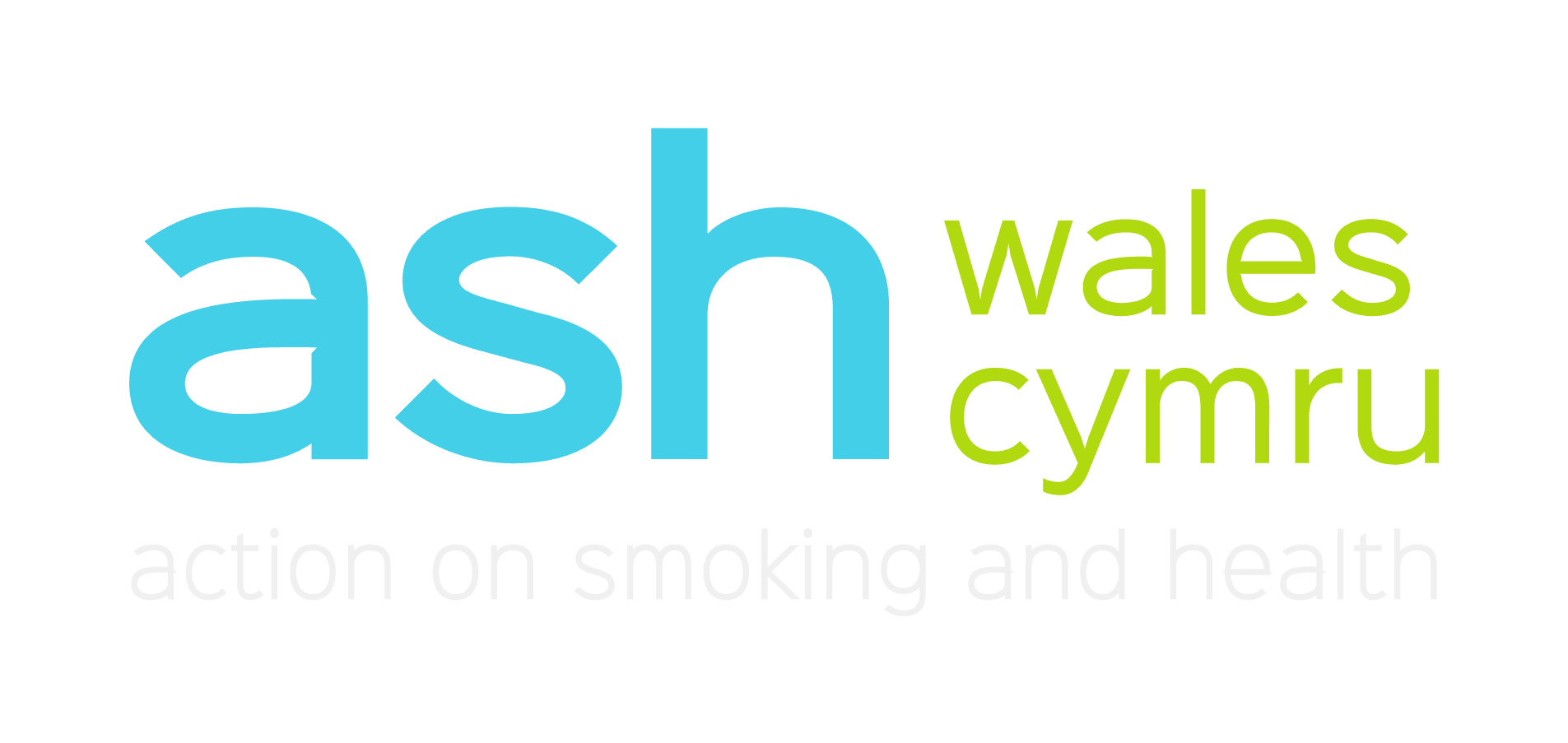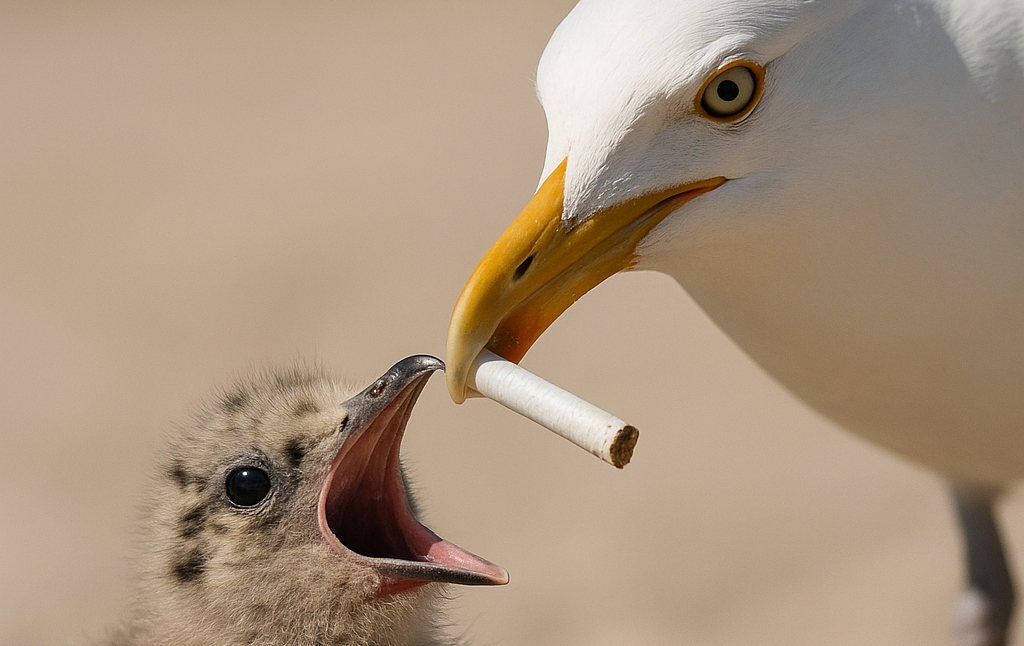Supporting pregnant women to give up smoking for the sake of their baby is no easy task. Pregnancy can be a stressful time and the thought of kicking the habit can be daunting for mums-to-be. We met a midwife who works with pregnant smokers to find out what is being done to help them to quit.
Having seen first hand the effects of smoking in pregnancy, midwife Sarah James is on a mission to encourage more expectant mums to kick the habit.
She is the Substance Misuse Specialist Midwife for Cardiff and Vale University Health Board and works tirelessly to spread the message about the harmful effects of smoking in pregnancy.
Fear of being judged or given a ‘telling off’ by their midwife puts many pregnant women off admitting they smoke, she says, however she is keen to stress that won’t happen: “Some women won’t admit they smoke because there is a stigma around smoking and pregnancy. We’re not here to judge or to tell anyone off. We’re just here to promote healthier pregnancies and to provide support,” she said.
According to Sarah, although there is plenty of information available about the damage that smoking can do during pregnancy, for some women it is still a socially acceptable practice, particularly those surrounded by others who have done the same: “For lots of women I see, smoking in pregnancy is socially acceptable. They have seen their mothers and sisters do it and for them it’s just the norm.” The stark reality, however, is that smoking does very real damage both to babies, and in extreme cases to the mother too, as Sarah has witnessed:
“Smoking affects the flow of blood and oxygen to the placenta and when the baby is born the placenta has a gritty feel and is black and discoloured.
“The placenta effectively acts as the baby’s lungs so if you smoke you are preventing enough oxygen from reaching the baby. This affects the baby’s growth and in the worst-case scenario can cause placental abruption where the placenta becomes detached from the wall of the womb and the oxygen supply to the baby is cut off. It can trigger a massive haemorrhage which can also be life threatening to the baby. Women need to know the risks. One in every 200 babies are stillborn. We must not shy away from using the word stillbirth.”
Getting the message across to pregnant smokers can be a challenge. Today all pregnant women in Wales are offered the opportunity to blow into a carbon monoxide monitor at their initial booking appointment at eight weeks at their GP Surgery and at their 16-week appointment with the midwife.
Many also have their carbon monoxide levels monitored at their 12-week scan. Carbon monoxide is a poisonous gas contained in cigarette smoke which reduces the ability of the red blood cells in the body to carry oxygen. Having high carbon monoxide levels in the body is particularly dangerous for pregnant women because it affects the baby’s access to oxygen.
If the woman is a smoker and would like to find out more about how to quit, the midwives can use an electronic referral system to refer the woman to the Help Me Quit smoking cessation service. She is then contacted and offered the opportunity to receive smoking cessation support, either from a pharmacist, as part of a group or on a one-to-one basis.
Last year, on average, around 35 pregnant women were referred to Help Me Quit every month and Sarah’s team is hoping to establish a feedback loop to find out the outcome of the referrals.
She says that most women are happy to use the CO monitor – particularly after a recent occasion where the high levels of carbon monoxide in a non smoking pregnant women’s lungs led to her discovering that there was in fact a carbon monoxide leak in her home.
“The ones that decline to use the CO monitor are few and far between, particularly since the story about the woman with carbon monoxide in her house came out,” said Sarah.
Where women do decline, or won’t disclose whether they smoke, the midwives will try again at their next appointment. Using every opportunity to speak to pregnant women about smoking is key, said Sarah, whose team believes in an ‘every contact counts’ approach.
“The first time you ask a woman to use the CO monitor, they may be going through a stressful period in their lives and it may not be the best time. At the 16-week appointment things may have settled down for them and you could try again. As midwives we are in the brilliant position of being able to see these women regularly. Our community midwives have the chance to build up trust and a rapport with these women. Some of the women may never have been unwell so they have never been seen by a midwife. Pregnancy is a golden window of opportunity to reach those women and get the message through to them about smoking.”
Sarah is keen to stress that it’s never too late to reach pregnant smokers, recounting a success story that shows the huge benefits to baby if mum stops smoking:
“I had one lady in and the growth of the baby was very small. She went into hospital for two weeks and during that time she couldn’t smoke. We rescanned her and the baby had crossed several centiles and was growing properly. Once she could see the changes that were taking place she was motivated to stop smoking for good.”
And with as many as 16 per cent of women in Wales continuing to smoke throughout their pregnancy and 11,864 unborn babies exposed to tobacco each year, it’s this sort of story that Sarah hopes will be repeated.
If you are a smoker who would like to find out more about how to give up, Help Me Quit is run by NHS Wales and will help you to find the stop smoking service that best suits you. Contact them on 0800 085 2219 or visit www.helpmequit.wales.









